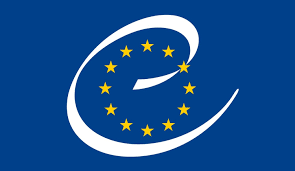International
The European Qualifications Passport for Refugees
International
-
-
-
- Université européenne

